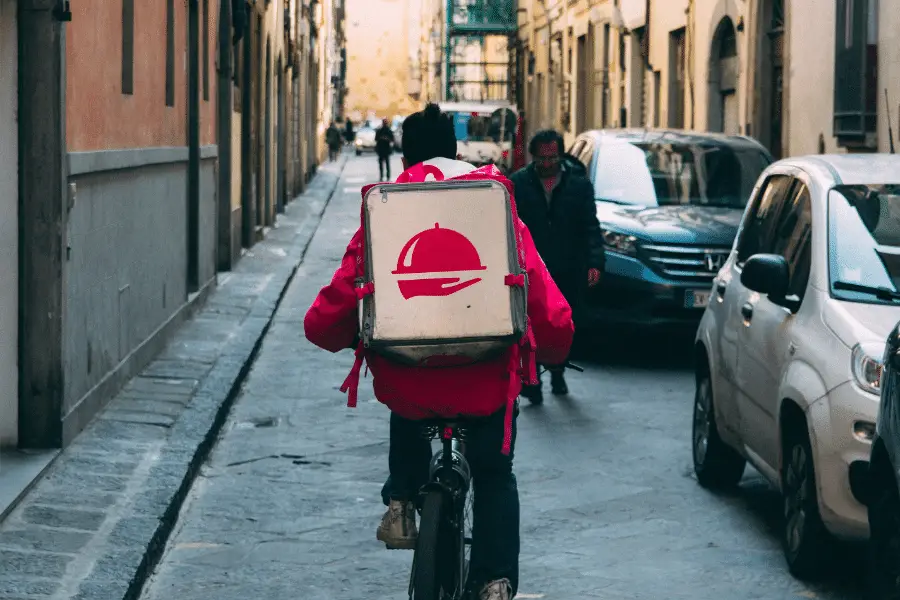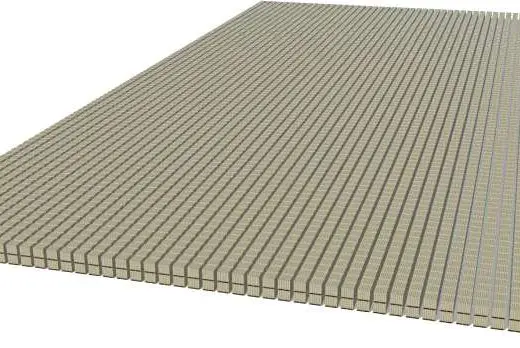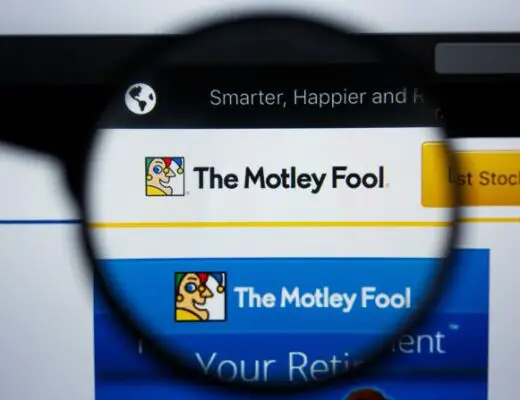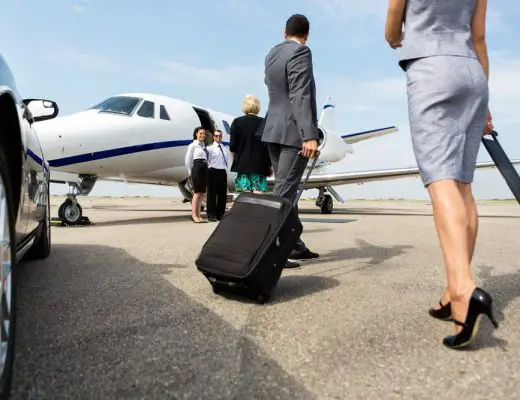
CommonCentsMom.com is advertiser-supported: we may earn compensation from the products and offers mentioned in this article. However, any expressed opinions are our own and aren't influenced by compensation. The contents of the CommonCentsMom.com website, such as text, graphics, images, and other material contained on this site (“Content”) are for informational purposes only. The Content is not intended to be a substitute for professional financial or legal advice. Always seek the advice of your Financial Advisor, CPA and Lawyer with any questions you may have regarding your situation. Never disregard professional advice or delay in seeking it because of something you have read on this website!
You should tip your food delivery person at least 10% of the cost of your order. Larger tips of 20% to 30% are not uncommon, especially since food carriers rely mostly on tips for the bulk of their income.
In the world we live in today, we have gotten used to everything either being done for us, like getting our food brought directly to our door step without having to lift a finger to get it. With all of this luxury, it is easy to lose sight of the individuals who carry out these tasks so we don’t have to.
Many of us only order food to be delivered to us once a week or maybe even only once a month but there are some people who will get their food delivered right to their house almost every day and hardly ever tip the person making their life just a little bit easier.
There are many reasons people will get food delivered to their house instead of going out and getting it themselves. Getting food delivered does not always mean fast food, some people will get groceries delivered from supermarkets due to the fact that they might not have a car to travel to where the nearest store is, they might have too much to carry, they could have some kind of disability or they might simply not have the time if they work from home.
Consider This When Ordering Food for Delivery
Many people do not consider paying food delivery employees a tip with their order as these employees do not do the standard things waiters or bartenders will do to earn tips, like personally greeting them, taking their order and clearing their food after they are done eating – this, of course, is a very narrow minded way of thinking as there are many other things that go with having your food delivered to your house.
- The individuals who deliver your food will often have to pay for their own gas or have to supply their own transport. Many fast food establishments will require anyone applying for a food delivery position to already have their own transport, whether it be a motorbike or a car.
- Delivery persons will sometimes have to personally pay for the gas used while they are on shift, this will come out of their own wages.
- These employees face risks of bad weather, bad roads and potentially dangerous individuals who might order the food for delivery. Food delivery is known to be one of the most dangerous jobs to have, overall.
- They are required to have your food delivered in a specific amount of time despite the potential traffic jams that one cannot foresee otherwise they will also lose money in the process.
- Food delivery employees get paid less than minimum wage as their tip is included in the money they earn on a monthly basis.
- They have multiple orders, including yours, to take care of in a small amount of time – despite how far apart the destinations might be from one another.
- Constant driving means constant concentration that can be taxing on anyone who has to do it for so many hours a day. This is also one of the biggest dangers of the job as exhaustion behind the wheel or on a bike can cause fatal accidents.
- Bad drivers on the road while they are doing deliveries can also cause serious injury or potential death – a danger other employees in the food industry do not face on a day to day basis.
- These delivery drivers also face the possibility of car or bike troubles along the way that might cost them their job as it could prevent them from getting deliveries done on time.
These are all aspects of food delivery drivers’ jobs that one does not consider as it seems like a pretty straight forward job when you look at it at face value, not to mention the convenience that goes with them bringing your food or groceries right to your door. These aspects are also why the individuals who do this job more than deserve a tip for the risks they take and the challenges they face every day.
This tip is also not to be mistaken for the delivery charges as many people think they are the same thing and end up not tipping their drivers – the delivery charges do not go to the driver but to the company you are ordering your food from, whether it is a restaurant or a convenience store.
In addition, these drivers do not get any benefits like life cover or health insurance with their employment so any accidents or serious injuries they might sustain while on duty is covered by the money out of their own pockets which, as it is, will not be a substantial amount as they earn very little in wages, not including tips.
So, How Much to Tip Your Driver?
The general answer around the burning question we have finally come to is at least 10% or $1. Of course, it is not set in stone and if you can tell that it has been a challenging journey, the road to your house is further than a simple drive over or the weather is harsher than on a normal day, 15% is also perfectly acceptable.
I guess it all comes down to you as a person and the etiquette you have been brought up with but when making decisions like this, to tip extra, it is always best to put yourself in someone else’s shoes – this way you will be able to make a decision you think is fair, not only for the driver but also to your own standards. It is important to remember that, yes it is their job, but they are people too instead of just a means of getting your food to your house faster and easier than having to do it yourself.
In addition, it is always good to have a decent relationship with your food delivery driver as they might go the extra mile, so to speak, to get your food or groceries to you faster or more conveniently.







